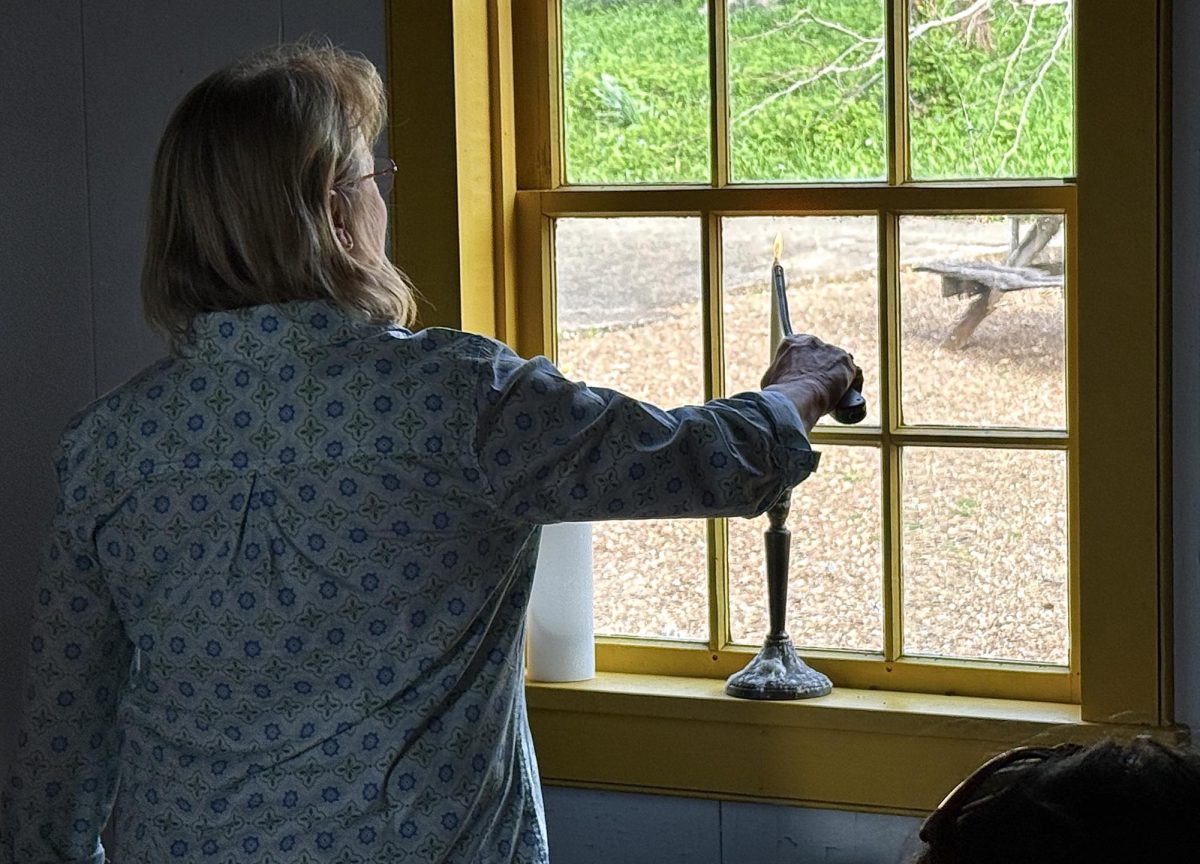Pension bill could affect KERS future for the state
April 9, 2019
As Kentucky’s state legislative session ended, a higher education pension bill that could impact WKU employees passed in the Senate and House of Representatives and landed on Gov. Matt Bevin’s desk for his signature.
House Bill 358 is intended to help address the cost of the Kentucky Employee Retirement System and provide retirement options to higher education institutions and their employees. The bill also declares an emergency regarding the potential financial increase Kentucky’s public universities face with their employer contribution costs.
KERS is one of two state retirement systems WKU currently participates in, the second being the Teachers Retirement System.
Through KERS, the current employer contribution rate for Kentucky’s public universities is about 49.5% of each employee’s salary. These public universities include WKU, Northern Kentucky University, Eastern Kentucky University, Morehead State University, Kentucky State University, Murray State University and the Kentucky Community and Technical College System.
In the last fiscal year, WKU’s costs to KERS under this rate totaled about $9.7 million.
However, WKU’s employer rate to KERS could increase from about 49.5% to 83.4%, an increase of $7 million next year.
The bill postpones the proposed rate increase for another year and allows participating universities to receive a 25-year payout requirement for the unfunded pension liability.
The House and Senate did not reach an agreement on the bill before the 10-day veto period. A conference committee was appointed to work out the differences between the two chambers, and the final version of HB358 with a Free Conference Committee Report was passed.
If Bevin vetoes the bill, the House and Senate will be unable to override the veto since the legislative session has ended. Rep. James Tipton, one of the bill’s 19 sponsors, said the bill was created after listening to concerns of the public universities that participate in KERS over the potential increased costs.
“I think we understand that we have a severe pension crisis in the state,” Tipton said. “We have to start somewhere, and we have to create a path forward that’s feasible.”
For WKU, the 454 employees currently under KERS will be able to continue accruing their benefits under the plan.
Tony Glisson, WKU human resources director, said if the bill is approved by the governor, there will be a calculation done at the university to examine potential risks for employees if WKU left KERS. He said the university is continuing to monitor the bill and how it will affect its employees.
Under the bill, universities can voluntarily cease participation from KERS and would then need to follow certain requirements in place of their participation. The universities would need to create their own alternative retirement programs, which would need voluntary defined contribution plans similar to a 401(k).
The effective cessation date for universities that choose to leave the program would be June 30, 2020, according to the bill.
WKU has already created its own alternative retirement system, known as the optional retirement plan, and eligible TRS employees may choose the plan as an alternative.
At most state universities, faculty have chosen to be in Kentucky’s TRS, which is in better financial standing than KERS. TRS has about 57.7% of the
money it needs to provide promised pensions compared to 16% for KERS.
Many university staff employees in Kentucky belong to KERS. Due to the system being underfunded, employers like WKU must pay increasingly large amounts of money to continue participating in the program, according to the Lexington Herald-Leader.
President Timothy Caboni addressed the approval of the bill in an email to faculty and staff on March 28, 2019.
“As you know, we have advocated this session for pension reform that provides both security for our employees and stability and predictability in our budgeting process,” Caboni said in the email. “HB358 FCCR gives us choices, and how we proceed as a university depends on the results of an actuarial study that will be done to determine WKU’s unfunded liability.”
Caboni added once the study is complete, WKU will decide if exiting KERS is an appropriate financial option for the university.
The bill does not only affect public universities: All other KERS employers in the state that are privately managed and supported by the government were added onto the bill in an amendment, affecting about 31,000 employees in Kentucky. Kentucky state representative
These employers include local and district health departments, domestic violence shelters, rape crisis centers, child advocacy centers and any other agencies eligible to opt out of KERS. Like the public universities, they face the increase in employer contribution costs.
If approved, the bill would freeze the current employer contribution rates for these “quasi-governmental employers” for one year and allow most employees from these agencies to continue collecting future retirement benefits in the current pension plan.
One provision in the bill criticized by Democrats was the 30-day payment mandate, where all employers that will continue in KERS will be required to make payments. If payments are not made within 30 days, all employees of that employer will be taken out of KERS and begin accruing future benefits in a new plan similar to a 401(k).
Also, if the payments are not made within the 30-day period, benefit checks to retirees from that employer will be suspended until the employer makes its payments.
Rep. Patti Minter, who voted against the bill, said the increase in KERS employer contribution rates was only proposed to cause employers to opt out of the system and cause the pension system to collapse.
“It’s a completely manufactured crisis,” Minter said. “It was designed to make people look for ways out of the system. It’s a way to destroy the pension system from within.”
Although the bill has been praised for allowing “freedom of choice” in retirement systems, Minter said the KERS employer agencies outside of the public universities did not ask to be added onto the bill and their employees will be harshly affected if they can’t make the 30-day payment mandate.
Minter said she wanted the House to wait and allow Kentucky’s public pension task force to identify the actuarial costs of the bill before approving it. As WKU was one of the bill’s main supporters, Minter, who is a WKU history professor, said it was hard to vote against her employer, but she had to “do what she felt was right.”
“A pension is a promise,” Minter said. “The outcome of this bill is tragic, but I hope it is one we can reverse in the next legislative session.”
If approved, the bill will go into effect July 1, 2020.
News reporter Nicole Ziege can be reached at 270-745-6011 and nicole.ziege825@topper.wku.edu. Follow her on Twitter at @NicoleZiege.













